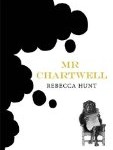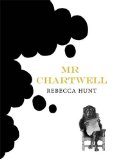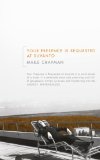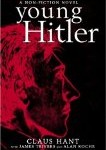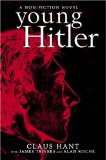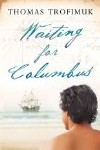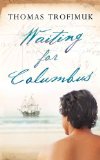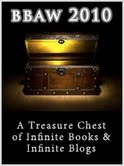Every year the Guardian award £10,000 to the best book written by a debut novelist. Past winners include Zadie Smith and Jonathan Safran Foer, so it is always interesting to see who will scoop the prize.
The 2010 long list has recently been announced. The five books in the running for best debut fiction are:
Advances for literary debuts are quite rare, so the fact this book was bought at an auction as part of a two book deal for £100,000 makes it very intriguing to me. I’m not sure a book about Winston Churchill appeals, but the mysterious Mr Chartwell might well make up for that!
The literary genes are clearly strong in the Beauman family as this book is written by the son of Nicola Beauman, founder of Persephone Books. It is described as a dark, intelligent book and it’s packed with beetles. I’m really looking forward to reading it.
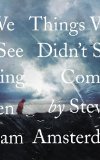
Things We Didn’t See Coming – Steven Amsterdam
Remember the millennium bug? Imagine if the world had collapsed with that clock change and you get the idea behind this book. Sounds like scary stuff!
.
Your Presence is Requested at Suvanto – Maile Chapman
Set in a Finnish mental hospital this book is said to have parallels to The Bacchae, a Greek play. The comparison of civilisation versus savagery makes this sound like my sort of book.
.
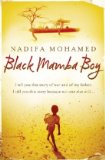
Black Mamba Boy – Nadifa Mohamed
Based on the true story of the author’s father’s escape from Somalia in the 1930s, this book gives a fascinating insight into a period of history that isn’t very well known in the Western world. It was long listed for 2010 Orange Prize.
.
I wasn’t a fan of Black Mamba Boy, but have heard wonderful things about Boxer, Beetle. The rest of the list are all new to me.
Having researched the books they all appeal to me, but I’m going to resist working my way through another long list. I’m hoping that others will let me know which ones I’m most likely to enjoy.
Have you read any of these books?
Which appeals to you most?
The short list will be announced at the end of October and the winner will be revealed at the beginning of December.
